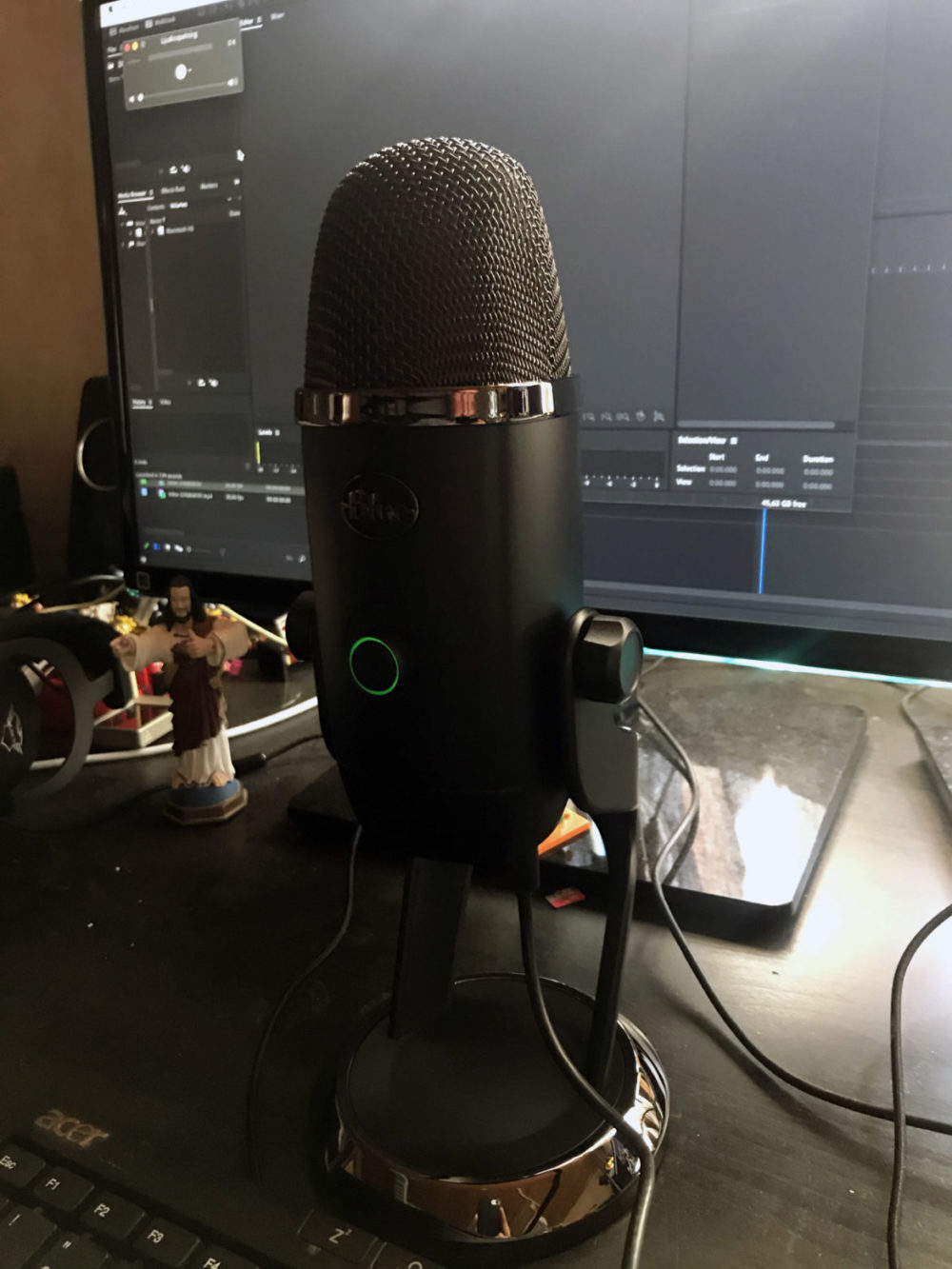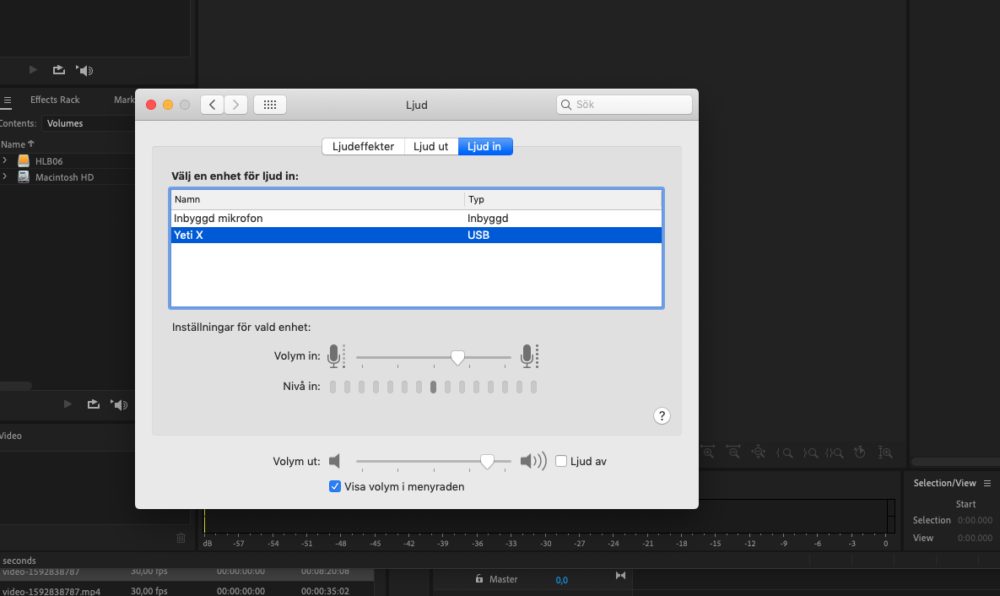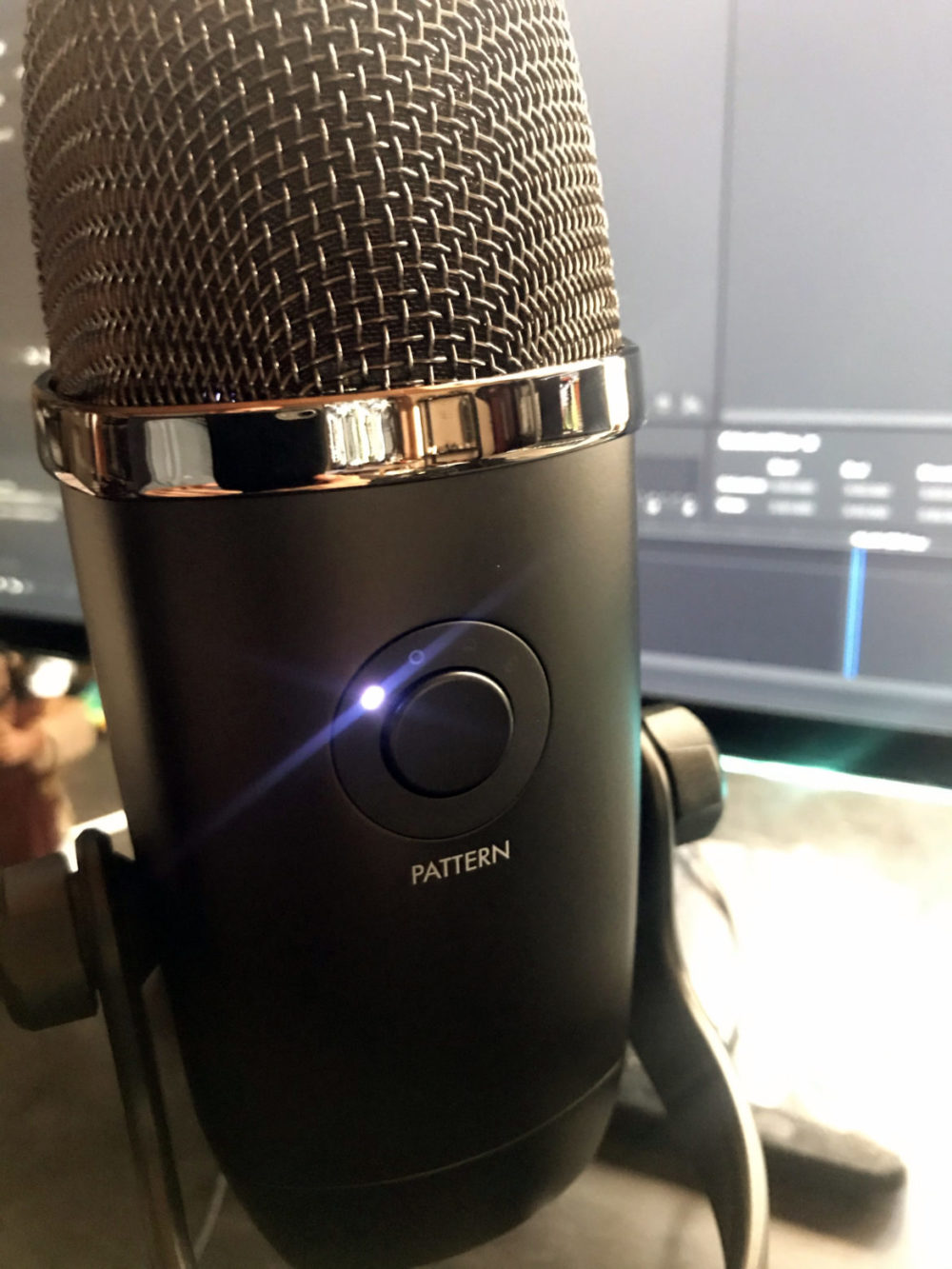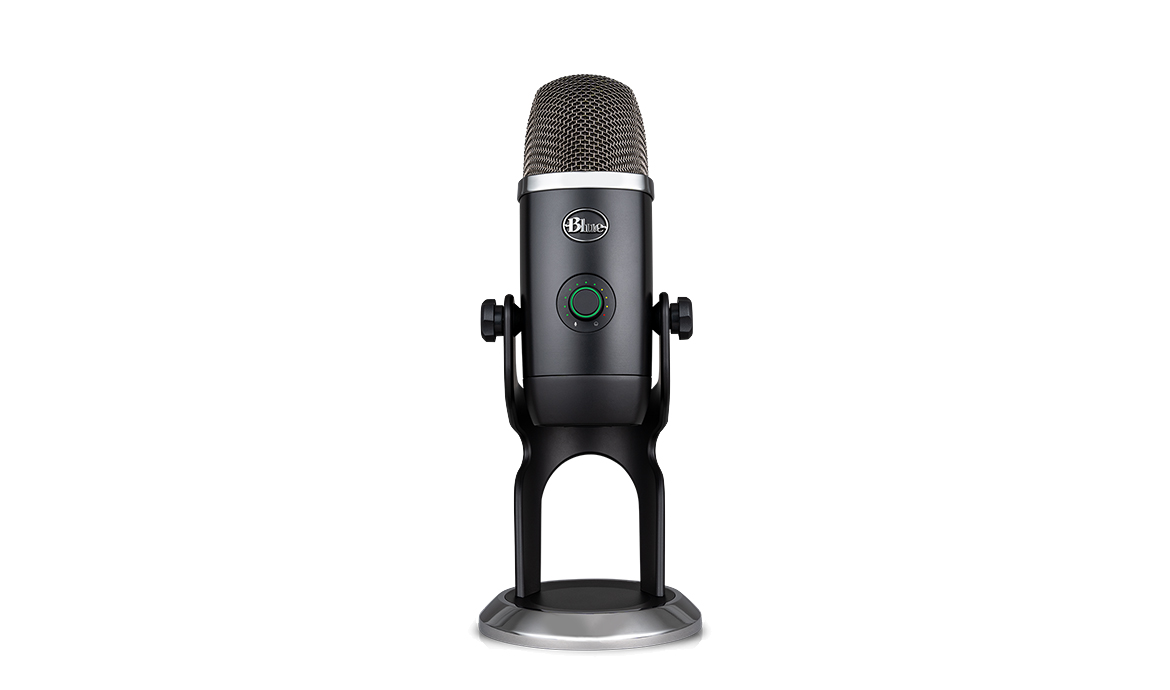TL;DR
Blue's Yeti X microphone boasts a premium build, sleek design, and impressive sound quality, making it a solid choice for streamers and podcasters. Setup is a breeze, and it offers versatile recording patterns for solo, group, or instrumental use. However, a frustrating design flaw—the rear-mounted polar pattern selection button—requires awkward rotation to see which mode is active, hindering usability. Despite its strengths, this oversight prevents it from reaching a perfect score. Discover if the Yeti X's pros outweigh its cons for your setup in our full review.
I was impressed with the feature set of the GXT 258 Fyru streaming microphone from Trust in my previous review. I also found the sound quality of the Spark SL Blackout edition from Blue Microphones to be exceptional. Consequently, the arrival of the newly released Yeti X from Blue at the office sparked considerable anticipation. I was eager to determine if its combination of features and sound quality would elevate its rating to a perfect score.

Upon unboxing the Yeti X, its robust and refined construction immediately stood out, surpassing even the Trust microphone in perceived quality. The sleek design, exhibiting a modern retro aesthetic, is conducive to extended recording sessions. Connecting the microphone is straightforward. Once plugged into a computer (compatible with both PC and Mac), it is promptly recognized in the sound settings. Selecting it as the input device allows integration with your preferred recording application. I utilized Apple’s Quicktime for testing, but any compatible program will suffice. The microphone’s volume level is clearly indicated by the illuminated ring around the volume knob, and muting is achieved by pressing the knob, which then illuminates red.

The microphone offers four distinct polar patterns, similar to the Trust Fyru microphone. These include a solo mode optimized for single-person recording, a 360-degree mode designed for capturing audio from the entire room (suitable for group discussions), a dedicated solo mode tailored for instrument recording, and a dialogue mode engineered for capturing audio from two individuals facing each other. A sound test demonstrating these modes is provided below.
At this point, the Yeti X demonstrates several strengths: its aesthetic appeal, excellent sound quality, and ease of installation. However, a critical design flaw prevents a resounding endorsement. While generally user-friendly, the placement of the polar pattern selection button on the rear of the microphone is a significant drawback. This necessitates physically rotating the microphone to ascertain the active mode. In contrast, the Fyru microphone’s top-mounted button and illuminated indicators provide a more intuitive and user-friendly experience. The Yeti X, unfortunately, exemplifies a scenario where design considerations appear to have overshadowed user experience.

In conclusion, the Yeti X from Blue is a capable microphone, delivering clear audio and incorporating useful features. However, the decision to position the polar pattern selection button on the rear of the device detracts from the overall user experience. This design oversight prevents what could have been a perfect score, resulting in a slightly more reserved recommendation.

